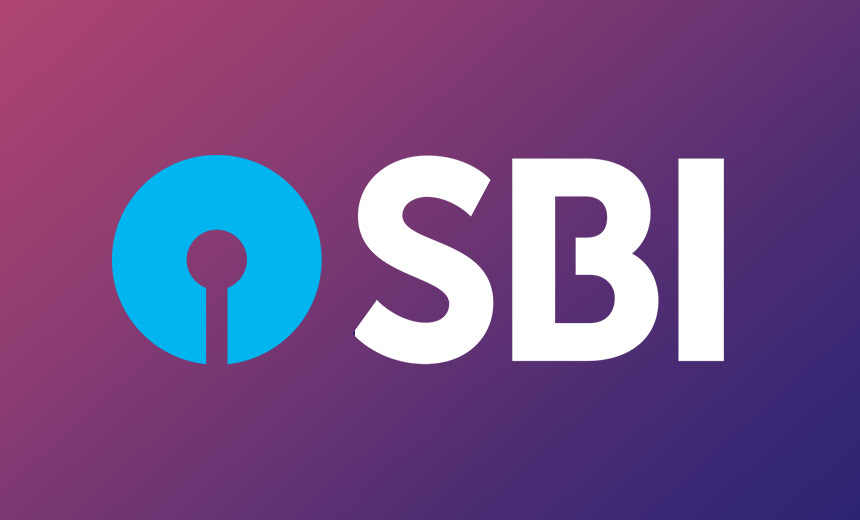New Delhi: State Bank of India (SBI) will try to keep the interest rates benign as long as possible with a view to supporting the economic growth, its chairman Dinesh Kumar Khara has said.
On the impact of the second wave of COVID-19 on non-performing assets of the bank, the SBI chief said that as the lockdown was not pan-India, one will have to wait and watch to assess its impact on the banking sector.
Observing that multiple variables including inflation have a bearing on the interest rates, he said, “our effort is to support the growth initiatives. To really ensure that happens, we will try to keep the soft interest rate regime for as long as possible.”
The impact of lockdown differ from states to states as it is not uniform, he said, adding, “so, probably we can wait and watch for some more time before making any comment on impact on economy and NPA situation.”
Speaking about various initiatives of the country’s largest lender, Khara said, SBI has decided to set up makeshift hospitals with ICU facilities for COVID-19 patients in some of the worst affected states.
The bank has already earmarked Rs 30 crore and is engaging with non-governmental organisations (NGOs) and hospital management for setting up medical facilities on an emergency basis for the treatment of COVID-19 patients.
He said the bank intends to put in place 1,000 beds with 50 ICU facilities in the states that are the worst affected.
SBI is also collaborating with hospitals and NGOs to provide oxygen concentrators for patients.
“We have put in place an action plan. We have earmarked Rs 70 crore plus out of which we are giving Rs 21 crore to 17 circles for COVID-19 related initiatives,” he said.
For the safety of employees and their families, he said, the bank has tied up with hospitals across the country to facilitate treatment of those who have fallen sick on a priority basis.
About 70,000 employees out of 2.5 lakh strong staff strength have already got vaccinated. The bank has decided to bear the cost of vaccination for its employees and their dependent family members.
Source: PTI


